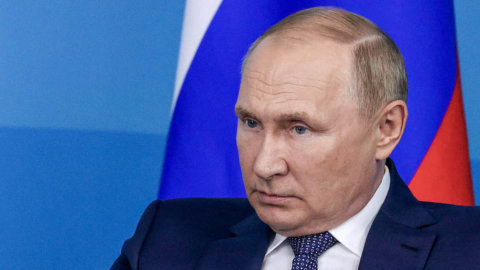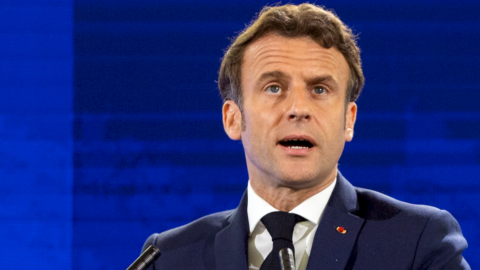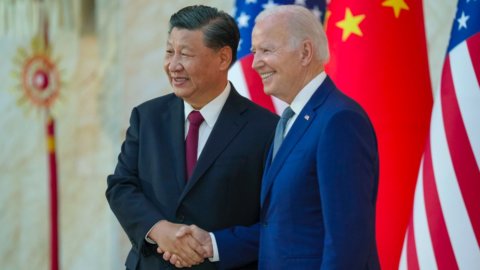After more than 50 years of hiatus, Tokyo wants to go back to selling weapons to foreign governments. At least this is the goal of conservative Prime Minister Shinzo Abe, who would like to return to exporting some types of weapons. The executive – writes today the French newspaper Les Echos – has in fact revised the three great principles that regulated and considerably limited, after the end of the Second World War, this type of trade.
Until today the archipelago, which by Constitution renounces war, prohibited the export of arms to communist countries, to nations involved in international conflicts and to states subject to sanctions by the United Nations. Over the decades, these bans have been respected, with rare exceptions imposed by the government.
Japan assures that it will continue to ban exports to countries at war and to nations that violate UN resolutions. But the sale of arms will be permitted to strengthen international cooperation or to protect one's interests.
In this way, giants such as Mitsubishi Heavy Industries, Kawasaki Heavy Industries or IHI could sell armaments to governments fighting against maritime piracy or to friendly Southeast Asian nations that want to jointly acquire military equipment.
However, Tokyo specifies that the export of lethal weapons, such as tanks or fighters, will not be authorized.
The Abe administration downplays possible changes in the archipelago's pacifist philosophy. But the risk of irritating Beijing with such a choice is very high. And in China there is already talk of a nationalist turn by the Japanese leader. Resentment at Japan's militarism of the 30s and 40s has deep roots in the People's Republic and South Korea. And any attempt by Tokyo to be more active in this area could raise tensions in the region.





